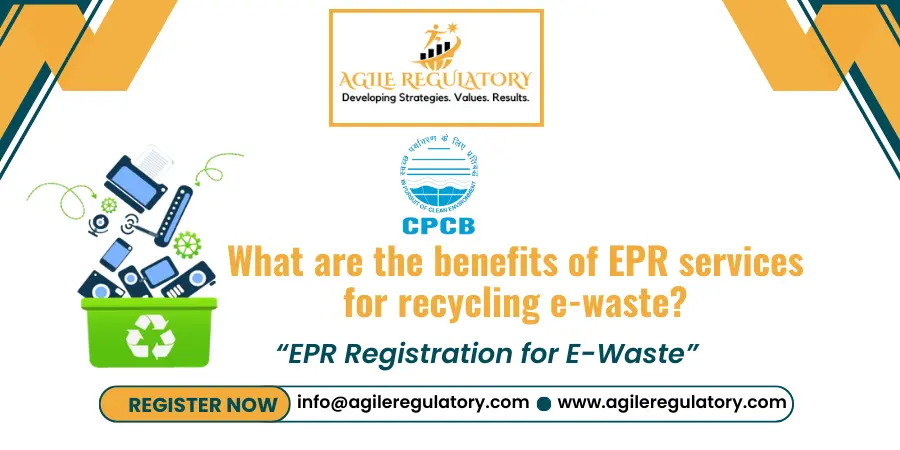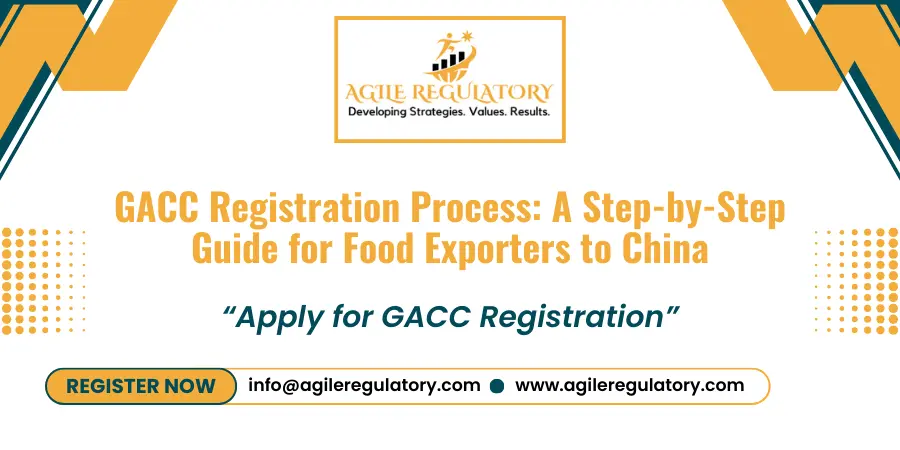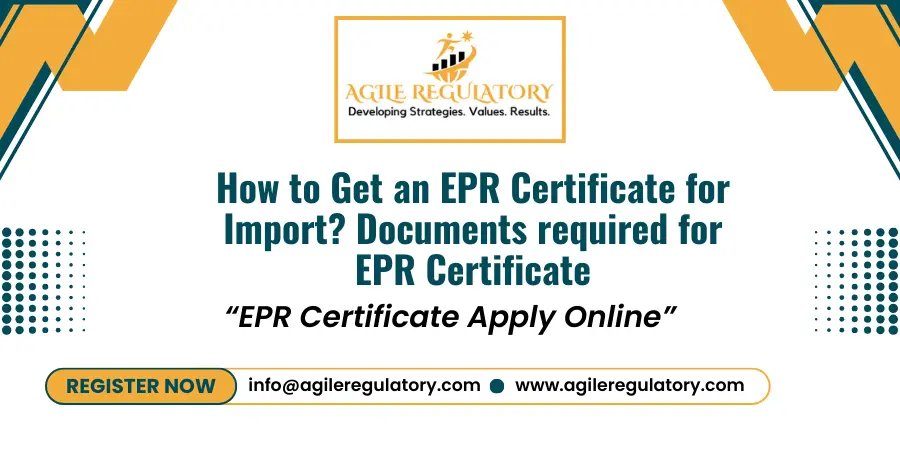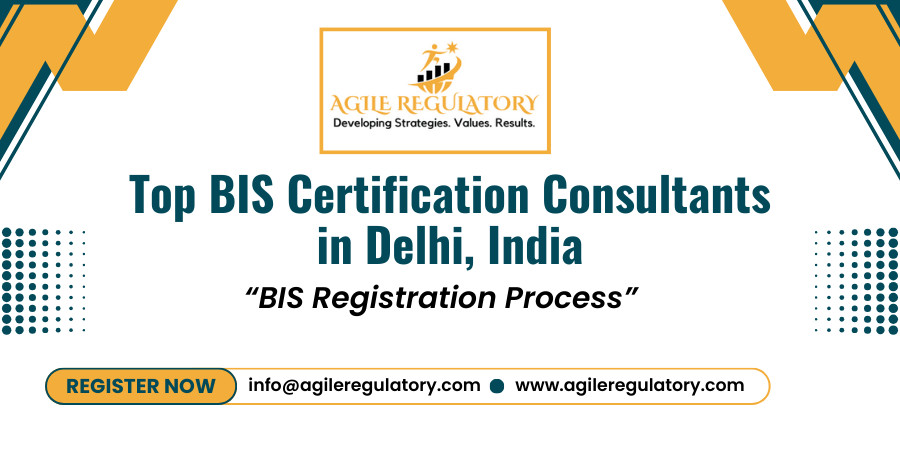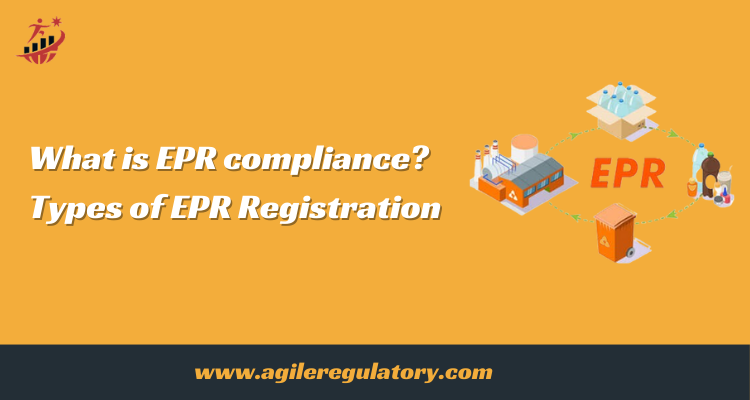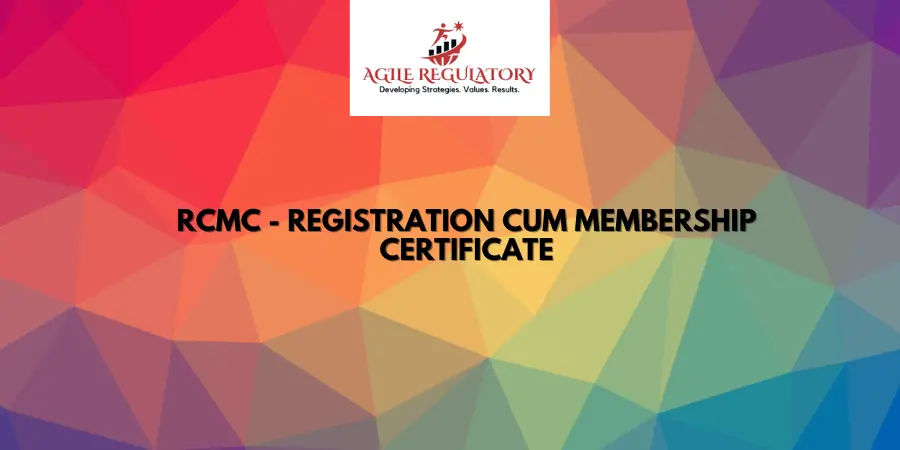
RCMC Certificate

Introduction of RCMC Certificate
A vital first step for companies hoping to expand internationally and succeed through exporting is obtaining the required certifications in the complex web of international trade. An essential document for companies involved in the export of goods and services from India is the Registration-cum-Membership Certificate (RCMC). This thorough blog post will go over the importance of the RCMC certificate, how it helps with international trade, and how to get this important paperwork step-by-step.
Understanding RCMC
One document that is issued by several Export Promotion Councils (EPCs) or Commodity Boards in India is the Registration-cum-Membership Certificate (RCMC). These industry-specific councils and boards operate under the Ministry of Commerce and Industry of the Government of India. A business entity is granted the status of an exporter in a certain sector by virtue of the RCMC, which is proof that it is registered as a member of a specific EPC or Commodity Board.
Significance of RCMC Certificate
1. Mandatory for Exporters: The RCMC certificate is a mandatory requirement for businesses intending to export goods or services from India. It signifies that the exporter is a registered member of a recognized EPC or Commodity Board associated with their specific industry.
2. Access to Incentives and Benefits: RCMC holders are eligible to avail themselves of various incentives, benefits, and promotional schemes offered by the government to boost exports. These incentives may include duty drawback schemes, financial assistance, and access to trade fairs and exhibitions.
3. Recognition and Credibility: Possession of an RCMC enhances the credibility of exporters in the international market. It serves as a recognition of their commitment to quality and compliance with industry standards, instilling confidence in foreign buyers and trading partners.
4. Customs Clearance: Customs authorities often require the submission of the RCMC certificate during the clearance of goods for export. Having this document streamlines the customs process, reducing delays and ensuring smoother transactions.
5. Participation in Trade Promotion Activities: RCMC holders are invited to participate in various trade promotion activities organized by the respective EPCs or Commodity Boards. This includes seminars, workshops, and trade fairs that provide valuable networking opportunities and exposure to new markets.
How to Obtain an RCMC Certificate: Step-by-Step Guide
Now, let's delve into the step-by-step process for obtaining the RCMC certificate:
Step 1: Identify the Relevant EPC or Commodity Board: Determine the specific Export Promotion Council or Commodity Board associated with your industry. Different councils cater to diverse sectors, such as textiles, chemicals, engineering, and agriculture.
Step 2: Create an Account: Visit the official website of the chosen EPC or Commodity Board and create an account on their online portal. This account will be used for the application process and subsequent interactions.
Step 3: Fill out the Application Form: Provide thorough details about the business operations in the online application form. Give information about the company, including its name, address, business type, export results, and other pertinent details.
Step 4: Upload Required Documents: Attach scanned copies of essential documents, including:
- Importer Exporter Code (IEC) issued by the Directorate General of Foreign Trade (DGFT).
- Bank certificate.
- Memorandum and Articles of Association (for companies) or Partnership Deed (for partnerships).
- PAN card of the business entity
Step 5: Submit the Application: After filling out the form and attaching the necessary documents, submit the application through the online portal. Pay the prescribed application fee, which may vary based on the EPC or Commodity Board.
Step 6: Application Review: The EPC or Commodity Board will review your application and may request additional information if needed. Regularly check the status of your application on the online portal.
Step 7: RCMC Issuance: Upon approval, you will receive the RCMC certificate from the concerned Export Promotion Council or Commodity Board. The certificate is typically valid for a specific period, after which it needs to be renewed.
Post-RCMC Responsibilities
After obtaining the RCMC certificate, exporters must fulfil certain responsibilities to maintain compliance and continue reaping the associated benefits:
1. Renewal of RCMC: RCMC certificates are generally issued for a limited period, and it's essential to renew them before expiration to avoid disruptions in export activities.
2. Compliance with Export Obligations: Adhere to the export obligations mentioned in the RCMC certificate. Non-compliance may lead to penalties or the revocation of the certificate.
3. Participation in EPC Activities: Actively participate in the activities organized by the relevant Export Promotion Council, such as seminars, training programs, and trade promotion events.
Conclusion
In the ever-expanding global market, the RCMC certificate stands as a gateway for Indian businesses to establish themselves as credible and compliant exporters. This document not only fulfils regulatory requirements but also opens the doors to a myriad of incentives and promotional opportunities. As businesses navigate the complexities of international trade, obtaining and maintaining the RCMC certificate becomes a strategic imperative, positioning them for success in the competitive world of global commerce.
Leave a Reply
Your email address will not be published. Required fields are marked *


